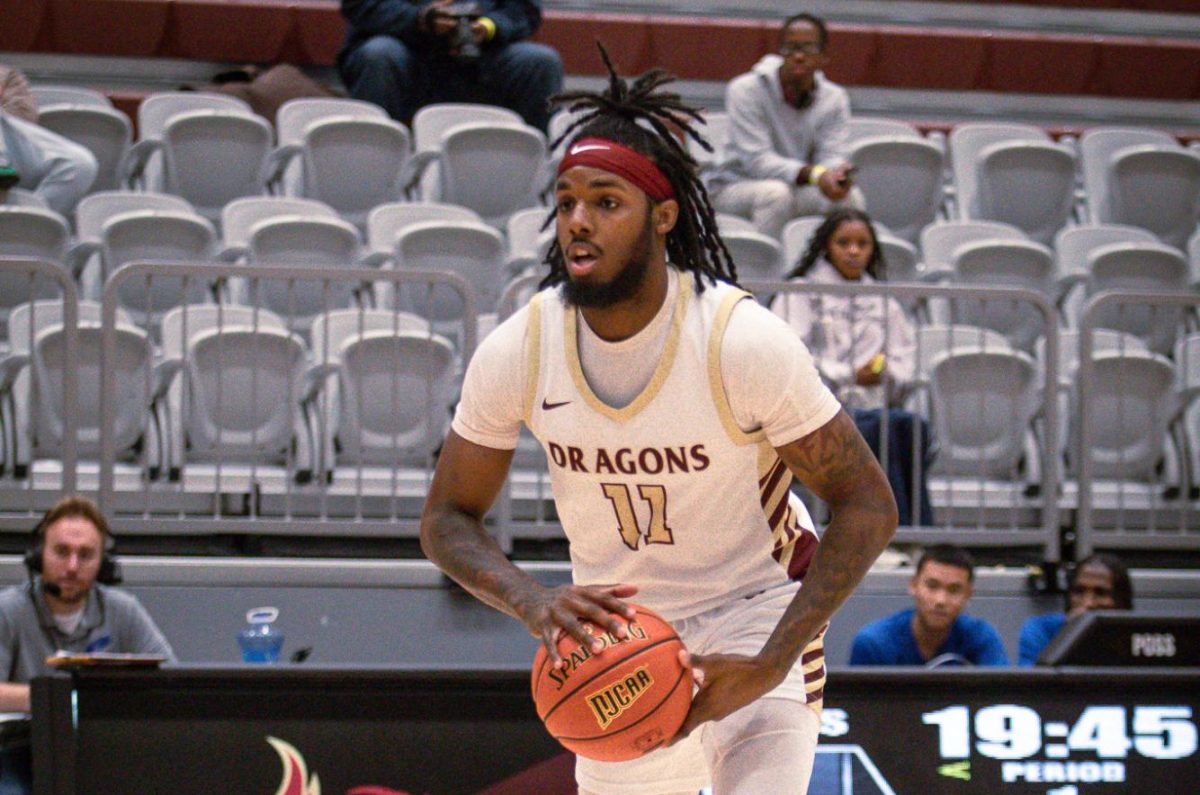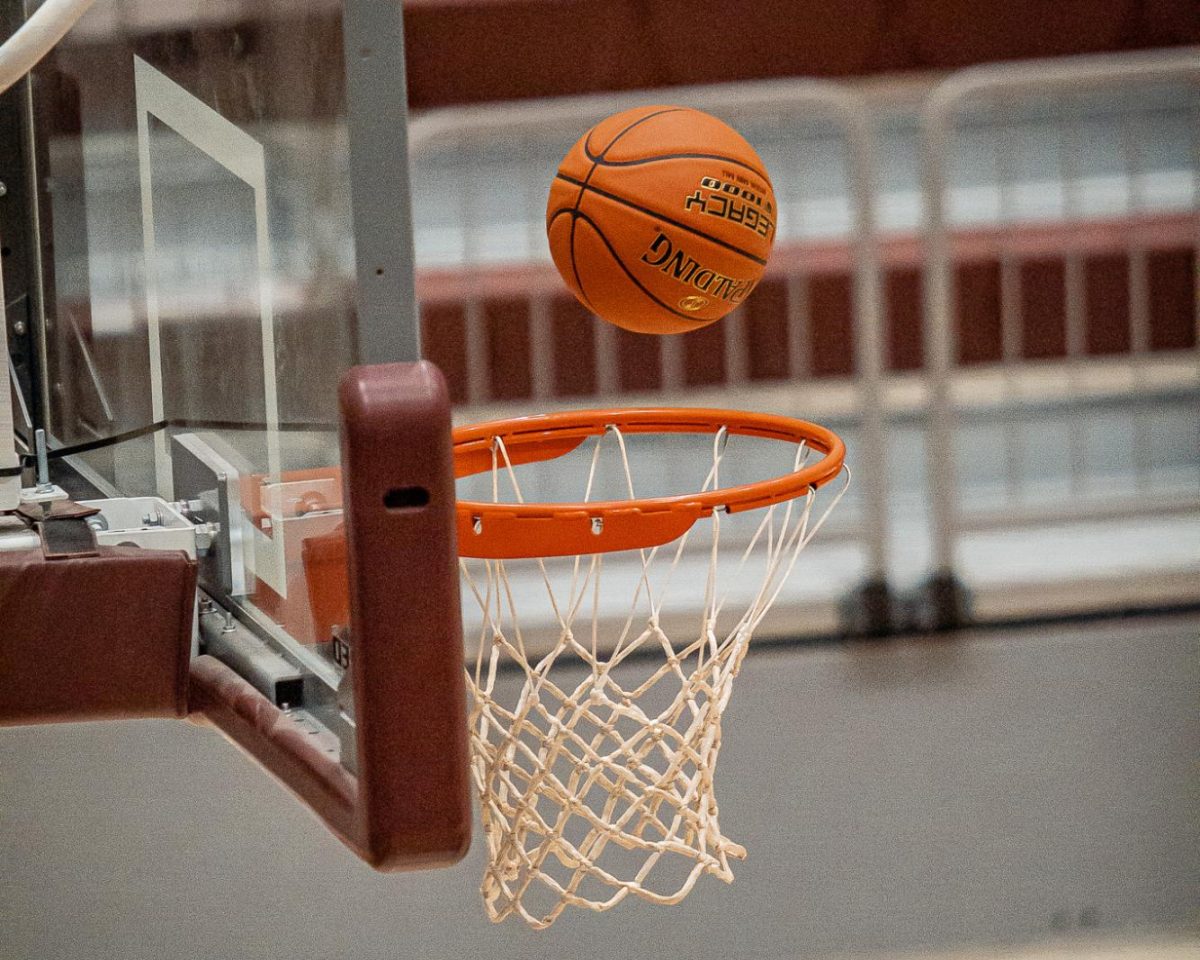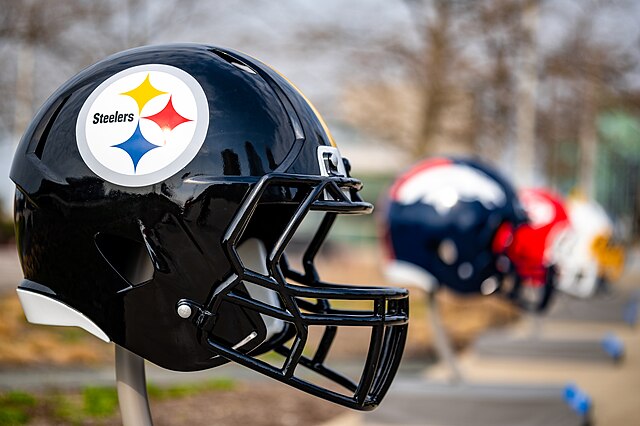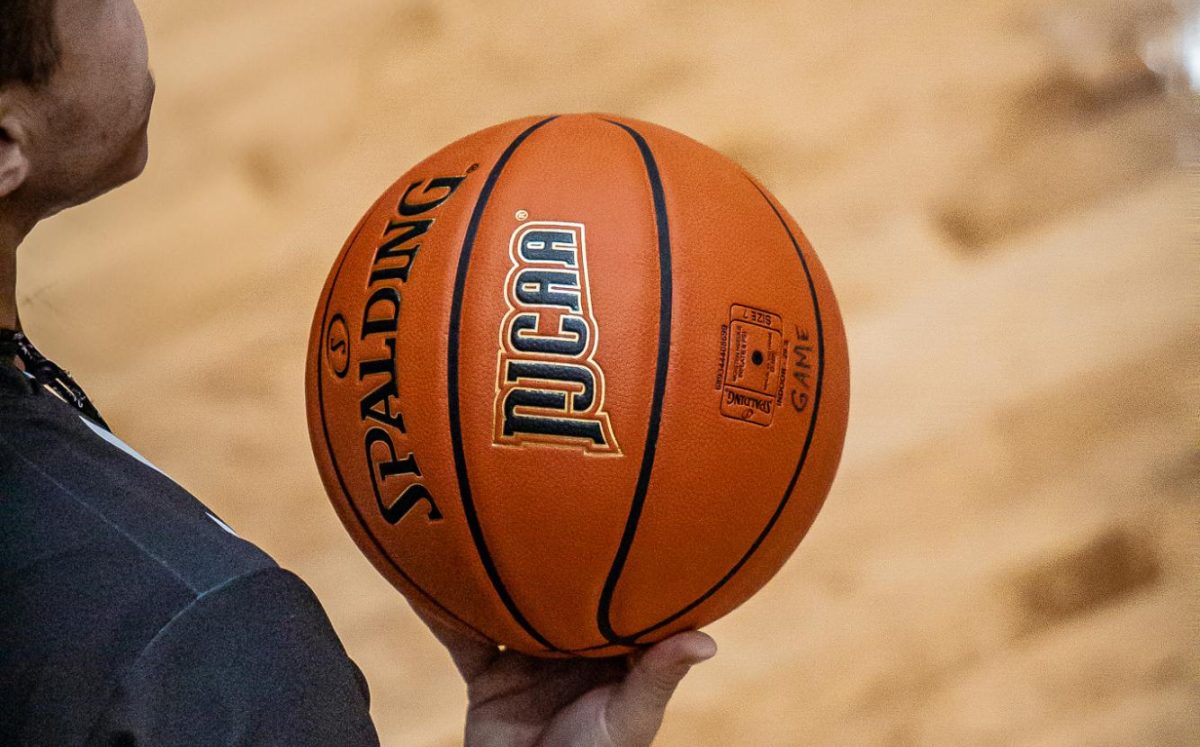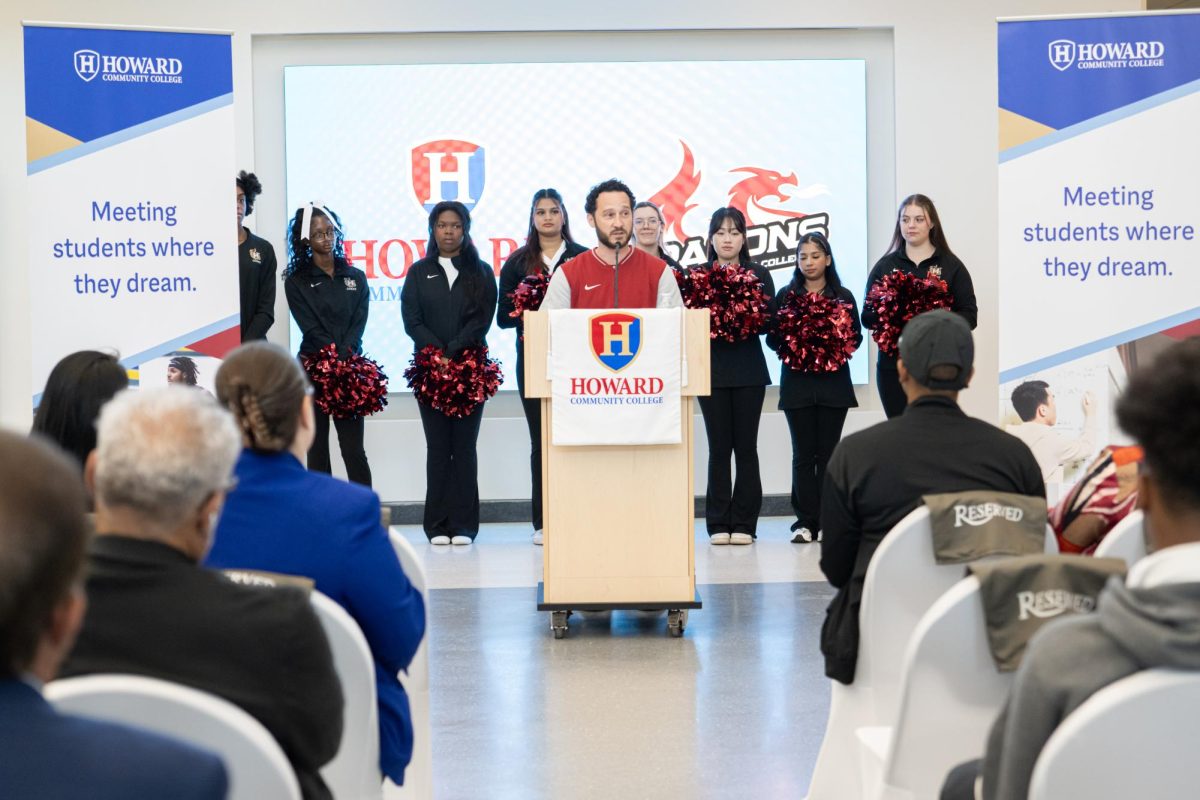Imagine being a 15-year-old soccer phenom with all the skills needed to outshine many collegiate players, but not being allowed to play due to age requirements. Despite years and years of training, commitment, and proven talent, this age requirement means you sit on the sidelines while older players — some less talented than you — get to play. Beyond being unfair, this archaic rule is keeping young athletes’ potential in check.
If colleges really cared about talent and competition, they would lower the age requirement for their sports teams from 18 to 15.
Most colleges require athletes to be at least 18, arguing younger players lack the maturity to balance academics, sports, and social life. Yet, international sports prove otherwise. Many professional organizations and academies train players as young as 5. In Europe and South America, teenage athletes debut professionally before they can vote. If young athletes can compete at the highest levels, they shouldn’t be restricted in college.
An age requirement on college athletes is unnecessary and restrictive, so lowering it would give young athletes a chance to reach their potential quicker and give talented young athletes a chance to play in a top-level college program. For many athletes, postponing their competitive career will halt their development. I think that restricting gifted 15-year-olds from playing at the collegiate level will stifle their growth and colleges must help younger talents instead of blocking them.
One of the biggest reasons why I think that colleges should lower the age to play from 18 to 15 is because early development maximizes potential. The sooner an athlete gets high-level competition, the better they become.
Real life examples that prove my point are athletes such as:
- Luka Dončić, who, according to ESPN, was playing professional basketball at 16 and is now one of the NBA’s biggest stars.
- Lamine Yamal, who is currently starting for FC Barcelona, which is one of the most prestigious soccer clubs in history, at just 17.
- Geovany Quenda, who is starting for Sporting CP, regarded by many as the best soccer club in Portugal, at 17.
- Ethan Nwaneri, who is currently starting for Arsenal, one of the best teams in the Premier League, regarded as the best soccer league in the world, debuted in 2022 aged 15.
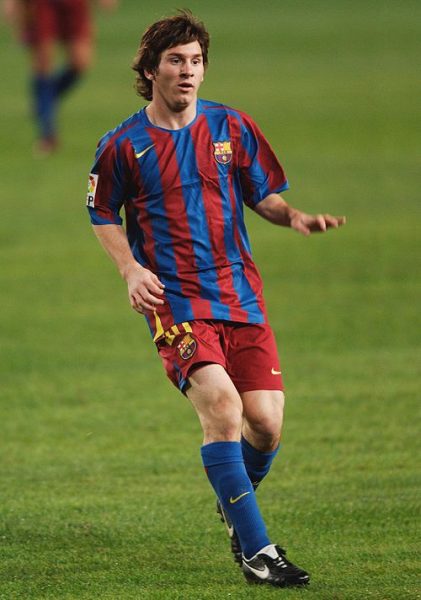
These examples and more show that young athletes are thriving against grown men at the highest levels of competition. If they can perform in professional leagues, why should college sports, which are supposed to prepare athletes for the next level, hold them back?
Lowering the age requirement would also mean that young athletes get more opportunities. For many young players, scholarships are their ladder to a better life. If a 15-year-old has the skills to play in college, why should an arbitrary age determine if they play? Forcing them to sit out means they’re cut off from success for years, and this leaves them at a disadvantage vis-à-vis people of their own age from other countries.
Another benefit is that college sports would improve. The addition of elite 15- to 17-year-old athletes would raise the level of play, making games more exciting and competitive. Schools would also benefit from this as stronger teams attract more spectators, media attention, and revenue. By allowing younger athletes to compete, colleges could increase their programs’ competitiveness and national appeal.
People who oppose reducing the age requirement argue that younger athletes find it harder to adapt academically or socially to college life than their counterparts. However, colleges already provide structured tutoring and mentorship for student-athletes. If academically gifted students can enroll early with support, why not exceptional young athletes? With the right support, younger athletes can keep up with their studies and also play well on the field.
The solution is clear. Colleges should lower the age requirement to 15 and develop structured academic and social support programs that help young athletes adapt to college sports. The advantages of this move outweigh the cost. Not only would this process permit young athletes to realize their potential, it would also make competition in college sports more intense and open up chances for people of talent.
It’s time for colleges and universities to change the way they handle young athletes and allow them to play for their sports programs. If not, then other countries will get ahead of us in developing young players for professional leagues. In the world of sports as it is today, college sports must keep up with change. Talent is what counts, not age.









